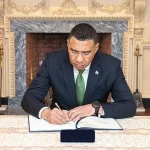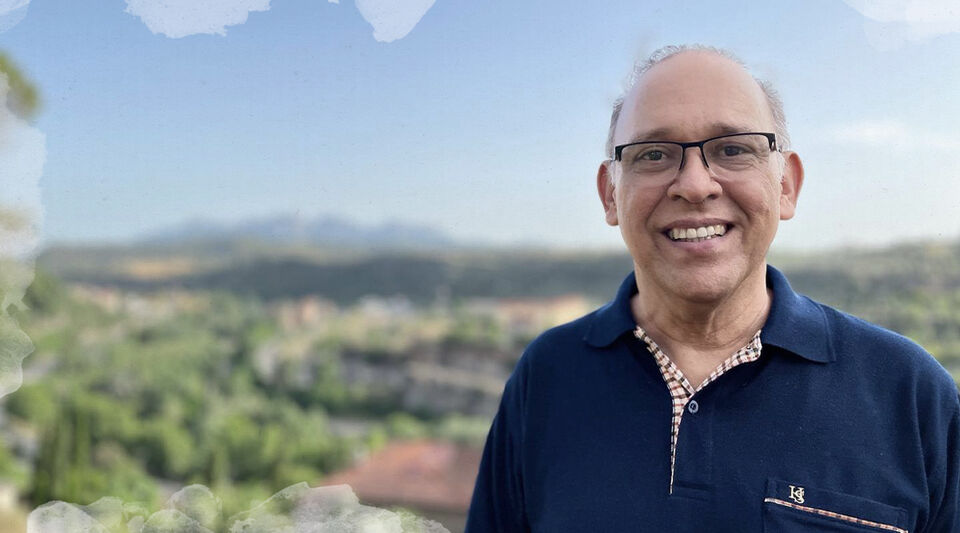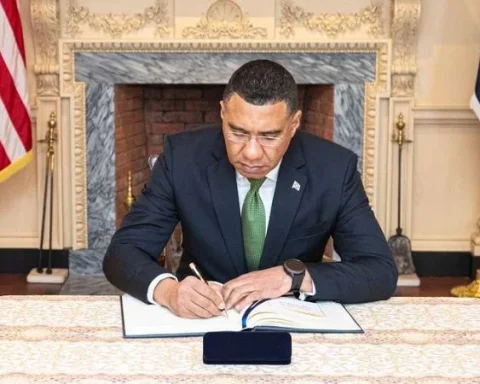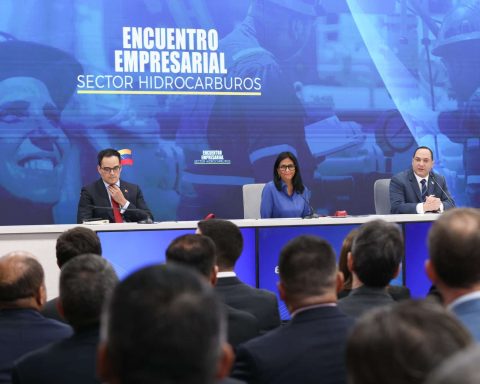L
the acts of government that cause continuous and fierce dissidences propitiate conditions to insult the President. The epithets thrown are varied. They range from calling him a jerk or conceited to calling him crazy, excessive, enlightened, a liar or just plain stupid. Those who raise their angry voices against him are usually enlightened figures from the public sphere. They take advantage of any opportunity not only to publish his allegations and grudges but to help the common citizen to exacerbate phobias. They come and go daily touching on current affairs to straighten them, with manifest anger, against power: be it the federal Executive or its partisan extensions. Nothing or very little escapes these refined gentlemen of well to say and think
to string together reasons, even if they are otherwise flimsy, that show without a doubt what they classify as great national tragedy
. They intend to entrench the image of the destroyed nation.
You have to uncover the tyrant of Macuspana
as columnist J. Calixto Albarrán calls it, with an ironic sense of good humor. Exhibit his narrative with constant pounding, since, with unparalleled cynicism, he contradicts constitutional mandates. These conspicuous opponents try to demonstrate, with apparent rigor, the daily accumulation of lies that harass us in their hated mornings. In this solemn way they hide behind wholesale insults, although the aggrieved tyrant
do not go beyond dissenting, publicly, from their haughty positions. No one can maintain that, in this sui generis tyranny, no one is persecuted, much less attacked or imprisoned.
It is easy to understand that, in normal times, the majority prefers a police under civilian control than to entrust public security and order to the military. Supporting the continuity of established institutions or subjecting organized crime to punishment passes, without delay, before popular attention. Imprisoning the guilty and not just any detainee can be admitted as a clean mandate. Nobody likes to fill expensive prisons, nor does leaving the country without electoral organizers and judges to settle partisan differences or punish cheating raccoons. The string of issues that occur daily in the country lend themselves to various uses. Going out with feigned courage in defense of the UNAM in the face of an imminent and treacherous attack to undermine it –which they slip as a pretext–, convinces no one. The President, or anyone else, would never attack that great Mexican institution. Nor is it proposed, as some cunningly argue daring defenders
, finish with the CIDE. But it is possible to disagree with the conduct of several of its past officials or maintain that, for now, they have diverted their guidance or actions. It is almost commonplace among opinocrats to decree that the President and his government are destroyers of inherited institutional capital. Certainly many rules have been changed, as many rituals have been discarded and programs that have not worked or have been corrupted with misuse have been discarded. But it has always been sought to replace what had a basic reason or sustenance. Support for poorly run nurseries has ended, but working mothers or fathers with children are served. Downloading courageous rejections of the government’s priority works, attended with enviable zeal by López Obrador, is stumbling over its successful construction. The breadth of its size and present – and future – importance fill millions of compatriots with pride. And so along this lane you can enumerate the multiple topics that receive, with evident viciousness, the criticism of joyful opponents. Many of them even try to organize themselves with the sole, or final, objective of preventing the continuation of the current and just model of government.
The grotesque prevailing inequality receives very little attention from the opposition and in particular from the opinocracy. For a good part of this interest group, inequality is only preached as a section of study, but not as a request to explore, with rigor and courage, the way to combat it. Hence the criticism of the scant investment that has been carried out today. The gigantic accumulation of capital and wealth, by a very small group of privileged people, goes unnoticed when it is the flagrant responsible cause. In the very near future, such a damaging socioeconomic and cultural phenomenon will have to be faced, even if investment is frightened. Taxing wealth should be considered rigorously and with the indispensable urgency. It is necessary to meditate on that wealth, especially the inherited one, or that raised under the shadow and public complicity, so as not to repeat, again, such a sad story. The scarcity of resources to continue promoting wage increases, social programs and large necessary projects, require, without delay, the postponed tax reform.
















